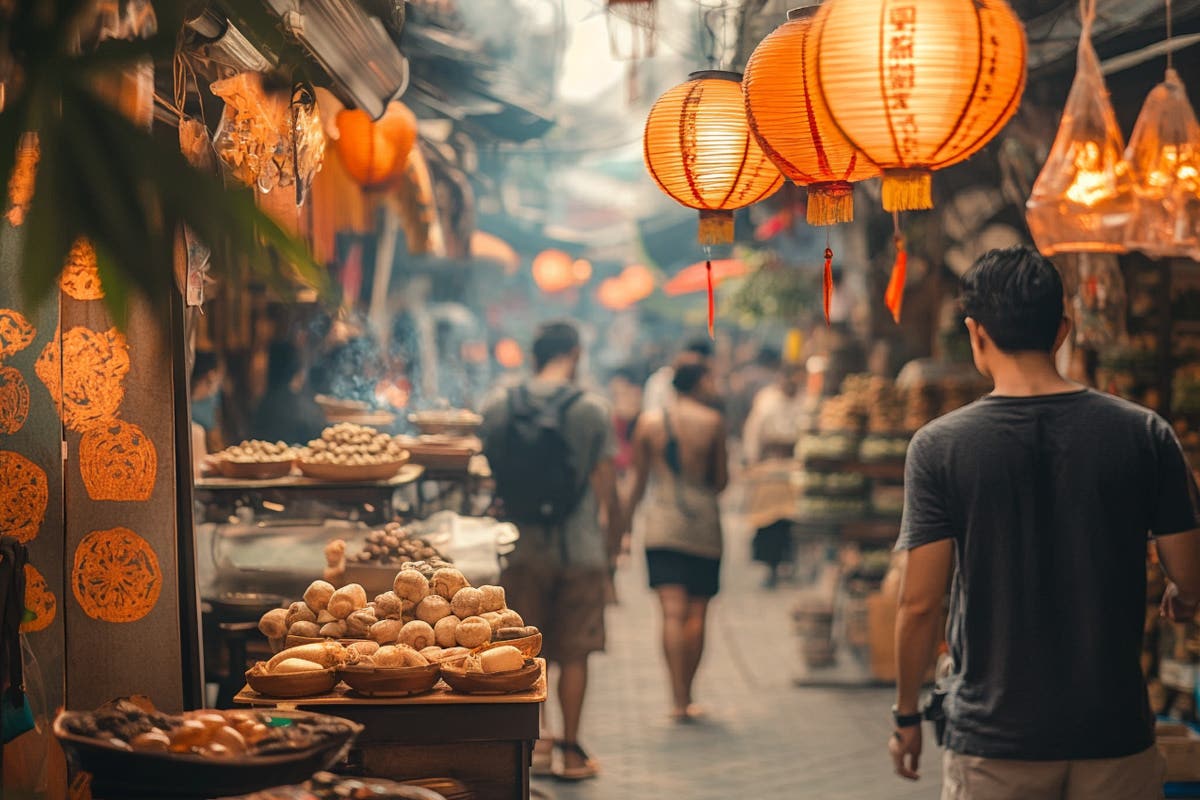Cannabis Laws and Legalities in Asia
Before embarking on any cannabis-related travel in Asia, it is essential to understand the legal landscape. While some countries strictly prohibit cannabis, others have adopted more progressive approaches:
Legalized Cannabis
A few countries in Asia have taken steps towards cannabis legalization or decriminalization. For example, Thailand allows the medical use of cannabis, while South Korea permits the import and use of certain medical cannabis products.
Limited Medical Use
Some Asian countries have legalized medical cannabis to varying degrees, offering access to specific patients with qualifying conditions. This includes countries like Japan, the Philippines, and Malaysia.
Strict Prohibition
Many Asian countries maintain strict prohibitionist policies, with severe penalties for cannabis possession, cultivation, or trafficking. These countries include Singapore, Indonesia, Malaysia (for recreational use), and the Philippines (for recreational use).
Cannabis-Friendly Destinations in Asia
Despite varying legal landscapes, several destinations in Asia have emerged as cannabis-friendly hotspots, offering unique experiences for travelers:
Nepal
Nepal, known for its stunning landscapes and rich culture, has a long history of cannabis use. In certain regions, such as the Kathmandu Valley and Pokhara, cannabis is culturally accepted and openly used. Travelers can explore the spiritual and cultural significance of cannabis in Nepalese traditions.
Cambodia
Cambodia has relaxed drug laws and a thriving cannabis culture. In destinations like Siem Reap and Phnom Penh, cannabis is readily available in cafes and restaurants. However, it's important to note that while consumption is common, possession and trafficking can still result in legal consequences.
India
India, with its diverse cultural heritage, has a longstanding association with cannabis. In certain regions like Varanasi and Himachal Pradesh, the use of cannabis, particularly in spiritual rituals, is prevalent. Travelers can explore the spiritual and cultural significance of cannabis in the context of traditional practices.
Vietnam
Vietnam, while having strict drug laws, has a more tolerant approach towards cannabis. In destinations like Hoi An and Da Lat, cannabis cafes and social clubs can be found, providing spaces for cannabis enthusiasts to gather and enjoy.
{{widget type="Magento\Cms\Block\Widget\Block" template="widget/static_block/default.phtml" block_id="799"}}
Navigating Cannabis Tourism in Asia
When engaging in cannabis tourism in Asia, it's important to prioritize safety, respect local laws, and be mindful of cultural sensitivities. Some tips for navigating cannabis tourism in Asia include:
Research Local Laws
Before traveling to any destination, thoroughly research the local laws and regulations regarding cannabis. Understand the specific legal status and potential consequences to ensure compliance and avoid any legal issues.
Respect Cultural Norms
Respect the cultural norms and customs of the destination you're visiting. While cannabis may be accepted in certain areas, it's crucial to be mindful and respectful of local traditions and practices surrounding the plant.
Connect with Local Communities
Engage with local communities and seek out cannabis-friendly establishments or events through networking, online platforms, or recommendations from like-minded travelers. Connecting with locals can provide valuable insights and enhance the overall cannabis tourism experience.
Cannabis tourism in Asia offers a diverse range of experiences for enthusiasts seeking to explore cannabis-friendly destinations. From the cultural significance of cannabis in Nepal and India to the relaxed atmosphere of cannabis cafes in Cambodia and Vietnam, Asia presents unique opportunities for travelers interested in the intersection of cannabis and local cultures. However, it's crucial to understand and respect the legalities and cultural sensitivities of each destination, ensuring a safe and enriching cannabis tourism experience.
{{widget type="FloraFlex\Blog\Block\Widget\ProductList" products_count="5" conditions_encoded="^[`1`:^[`type`:`Magento||CatalogWidget||Model||Rule||Condition||Combine`,`aggregator`:`all`,`value`:`1`,`new_child`:``^],`1--1`:^[`type`:`Magento||CatalogWidget||Model||Rule||Condition||Product`,`attribute`:`category_ids`,`operator`:`==`,`value`:`278`^]^]" template="FloraFlex_Blog::widget/productlist.phtml"}}









